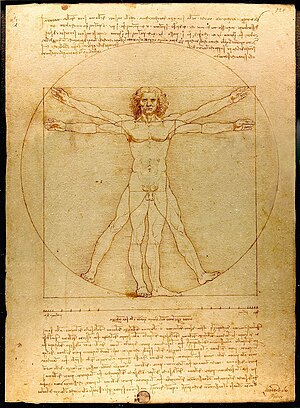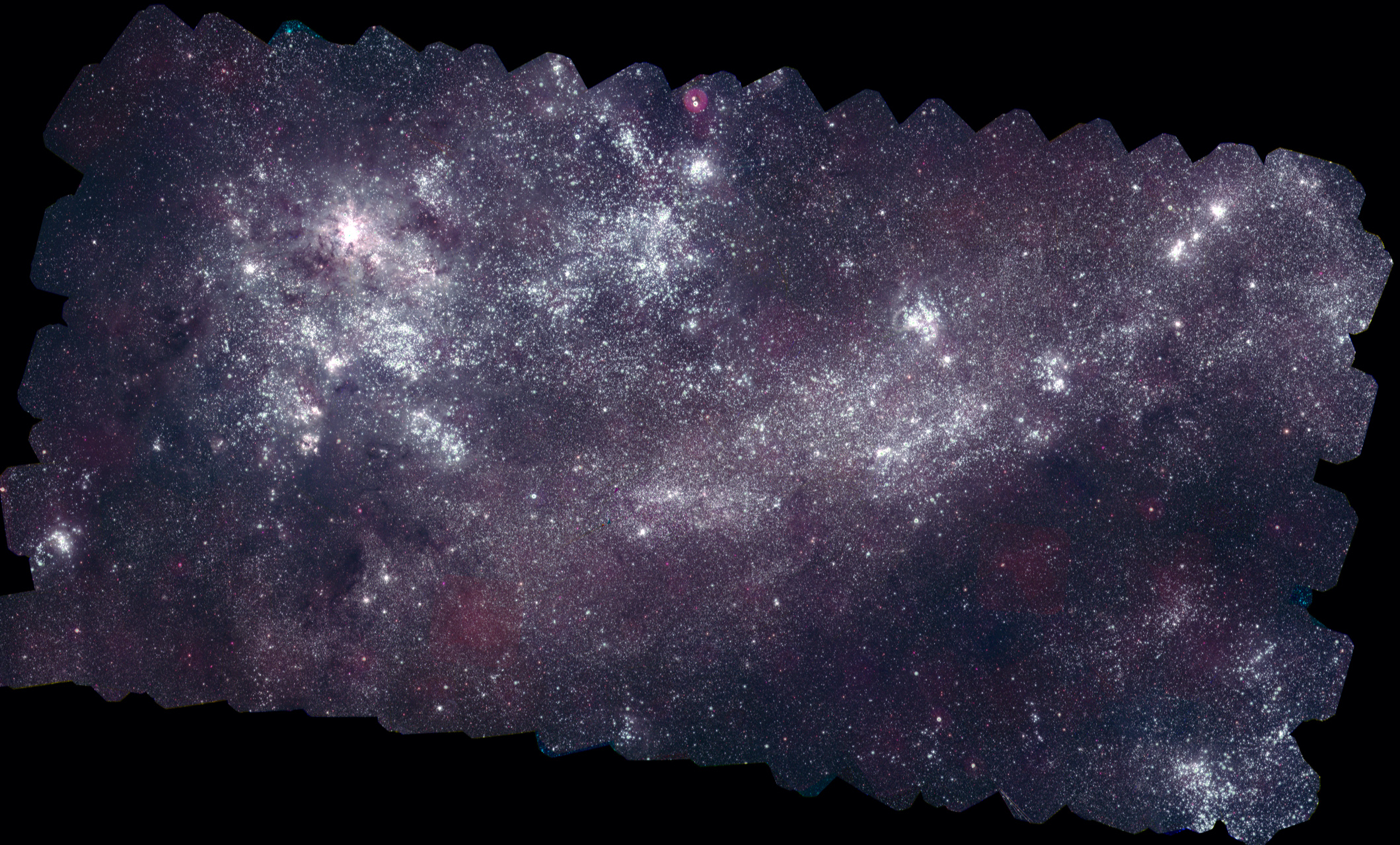
Monday, June 3, 2013
Isaac Asimov's "The Last Question"
Image Credit: UV: NASA, Swift, S. Immler (Goddard) & M. Siegel (Penn State); Optical: Axel Mellinger (CMU)
Isaac Asimov - The Last Question
Isaac Asimov's "Extraterrestrial Civilizations" and "The Last Question" are probably his two major and most important contributions/writings. His "Extraterrestrial Civilizations" argued for the "rare earth hypothesis" before those guys wrote their "Rare Earth" hypothesis. He points out numerous problems and hence conditions for intelligent life(not just bacterial, or non-technological life) to arise on a planet. I've seen nothing to suggest otherwise.
Isaac's "The Last Question" shows that the pressure for a technological species to expand throughout the universe is great. Getting back to Isaac's "Extraterrestrial Civilization", there's a famous Fermi question. At the time Fermi asked it, the Earth was finally dated by radiocarbon dating; the Big Bang Universe had been suggested at least. At the time, the age of the universe was anywhere from ten to twenty billion years old. The Earth and its solar system were determined to be 4.5 billion years old. Considering that the Earth is 4.5 billion years old, and the Human technological species has grown up just over the last 4 million years ago(it's been pushed to seven million years now; but, that depends on where you want to draw the line; the real question is not just bipedalism, but the use of stones as technology; one could keep the date to 3 to 4 million years), well, that gives anywhere from four billion years to maybe fifteen billion years for a technolical species to expand throughout the galaxy at least. Fermi asked, "where are they?"
One could generalize this with the latest understanding of the technologies Humanity Is likely to develop this century(is developing right now) - nanomanufacturing and quantum computers. Nanomanufacturing would give rise to A.I. at least. Bottom line, those who have explored these issues realize the industrial revolution is like a match stick next to a nuclear bomb. One all these technologies are in hand, space exploration will be easy. Likewise for any other technological species throughout the cosmos, and as we just saw the timeframes with the history of the Earth as a minimum standard, Extraterrestrial species(compared to us of course) should be zooming all over the galaxy. But, they are not!
People make all kinds of excuses; space is large. But then, they argue for an abundance of technological species due to the "law of large numbers"(goes back to one of the Bernoulies). They just make an excuse for whatever is convenient. As Isaac Asimov demonstrates in his "The Last Question", there's great pressure for a technological species to expand throughout the cosmos. So, where are they?
---------------------------------------------science/technology news extra for the day!
I've reported some advances that help the speed of dna-nanomanufacturing, the bringing down of the price for every individual dna strand. I might have noted that advances in bringing down the costs of dna and hence dna-nanomanufacturing will probably happen over all those reported. Well, it's happened!
enzymatic(and bacterial factory really) production of arbitrary dna strands.
Once again, not going to say there might not be advances beyond this; but, this advance seems to be a very general capability over the previous advances.
I've also seen that the synthetic biology people(engineering bacteria to produce arbitrary medical or fuels and who knows what else) have got contracts to fuel aircraft carriers with biofuels!
The nanomanufacturing news has been a little quiet(except 3d printing!); but, I suspect it has more to do with various groups are probably working to bootstrap from dna-nanomanufacturing to something more robust, and then from there to full Feynman/Drexlerian daimondoid nanomanufacturing.
-------------------------------------------------quote for the day
"Perhaps an ideal that permeates an epoch has certain consequences for the individual experiencing the era, an ideal that in retrospect cannot really be grasped by anyone. Under such conditions, when a human life is seen and lived as a persistent and on-going struggle between constructive and destructive forces - an arena in which the decisive victory of good should triumph - one's very awareness of ones destiny and vocation on earth was etched into one's very strength, autonomy and identity." - Arild Stubhaug
Subscribe to:
Post Comments (Atom)

Welp, I stumbled upon here once again!
ReplyDeleteNice post :)
Thanks for the reply Mariana.
DeleteI enjoyed looking at that astronomical picture again; it's almost as if I've never seen it before!
I saw one spelling mistake; I spelled once as 'one!' Not to bad considering all these posts are first drafts!
Link with both a Isaac Asimov reading of "The Last Question", and a Leonard Nimoy!
Deletehttp://boingboing.net/2015/06/15/listen-to-isaac-asimov-read-hi.html
Here's the links separate from the website(in case the website goes away), Leonard Nimoy reading, https://www.youtube.com/watch?v=rjqjSP7kOO4#t=546
Isaac Asimov reading, https://www.youtube.com/watch?v=R3U30wSAV4Q
come up with a good reason why this isn't spam; or, I'll have to delete this - not sorry!
ReplyDelete